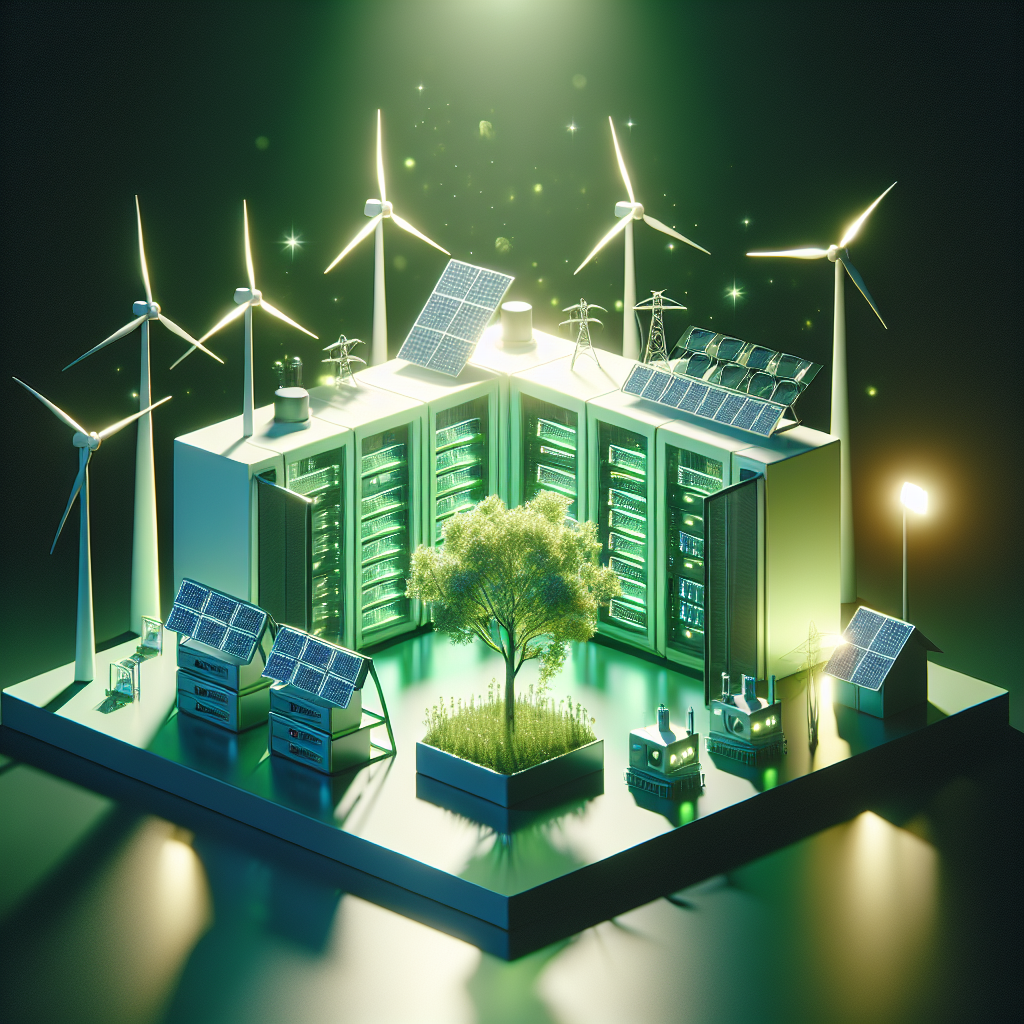Sustainable Power Solutions for Data Centers: Exploring Generator Options
Data centers are critical infrastructure that house and process vast amounts of data for businesses and organizations. With the increasing demand for data storage and processing capabilities, data centers are consuming more energy than ever before. This has led to a growing concern about the environmental impact of data centers and the need for sustainable power solutions.
One of the key components of a sustainable power solution for data centers is the use of generators. Generators provide backup power in case of grid outages and can also supplement the grid during times of peak demand. However, not all generators are created equal when it comes to sustainability. Here, we will explore some of the generator options available for data centers and their environmental impact.
Natural Gas Generators: Natural gas generators are a popular choice for data centers due to their reliability and relatively low emissions compared to diesel generators. Natural gas is a cleaner burning fuel than diesel, producing fewer greenhouse gas emissions and pollutants. However, the extraction and transportation of natural gas can have environmental impacts, including methane leaks which contribute to global warming. To mitigate these impacts, data centers can opt for renewable natural gas, which is produced from organic waste and has a lower carbon footprint.
Diesel Generators: Diesel generators have long been the go-to choice for backup power in data centers due to their reliability and efficiency. However, diesel generators are one of the most polluting forms of power generation, emitting high levels of nitrogen oxides, particulate matter, and carbon dioxide. To reduce the environmental impact of diesel generators, data centers can invest in newer, more efficient models that comply with stricter emissions standards and use biodiesel or synthetic diesel fuel.
Hybrid Generators: Hybrid generators combine multiple power sources, such as solar panels, wind turbines, and batteries, with a traditional generator to provide backup power for data centers. By integrating renewable energy sources into the power generation mix, hybrid generators can reduce reliance on fossil fuels and lower greenhouse gas emissions. Additionally, hybrid generators offer the flexibility to scale up renewable energy capacity as data centers grow and energy demands increase.
Fuel Cell Generators: Fuel cell generators use electrochemical reactions to convert hydrogen or other fuels into electricity, producing zero emissions at the point of use. Fuel cells are highly efficient and can be powered by renewable hydrogen produced from electrolysis using renewable electricity. While fuel cell technology is still relatively expensive compared to traditional generators, advancements in manufacturing and scaling up production are driving down costs and making fuel cells a more viable option for data centers looking to reduce their carbon footprint.
In conclusion, sustainable power solutions for data centers are essential for minimizing the environmental impact of these energy-intensive facilities. By exploring generator options such as natural gas, diesel, hybrid, and fuel cell generators, data centers can reduce their reliance on fossil fuels, lower emissions, and contribute to a cleaner, greener future. It is important for data center operators to carefully evaluate their power needs, energy goals, and environmental priorities when selecting a generator solution that aligns with their sustainability objectives.


